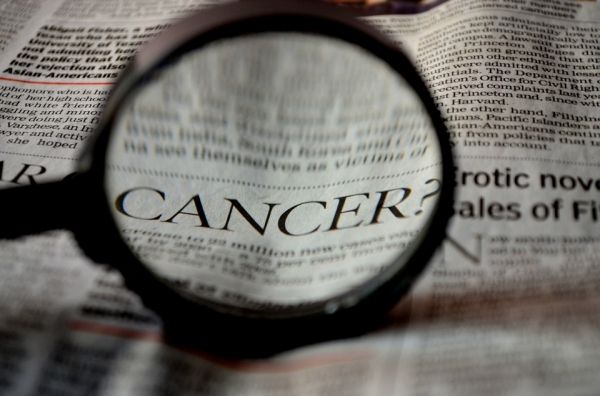Cancer screening rates are up to a quarter lower in women with diabetes, varying by type of cancer, and putting them at risk of poorer cancer outcomes concludes new research in Diabetologia (the journal of the European Association for the Study of Diabetes).
Led by doctoral student Dominika Bhatia and Dr Lorraine Lipscombe, Women’s College Hospital and Institute of Health Policy, Management and Evaluation, University of Toronto, Toronto, ON, Canada, the study found that cervical cancer screening rates were 24% lower for women with diabetes compared to women without. The study authors also determined that screening uptake for breast cancer was 17% less and for colorectal screening was 14% less in women with diabetes.
Diabetes has been associated with 30% higher incidence of certain cancers, and with a 40% higher mortality after cancer diagnosis. In addition to shared risk factors, a causal relationship between diabetes and cancer has been suggested – with high blood insulin and insulin resistance thought to be linked to tumour formation. Cancer screening significantly reduces cancer deaths – by up to 33% for breast cancer, 70% for cervical cancer, and 37% for colorectal cancer – as early detection enables early treatment and improves prognosis. For this reason many countries have implemented routine screening programmes.
Previous studies have shown that diabetes is associated with a variety of adverse effects in relation to cancer treatment and survival rates. Individuals with diabetes are more likely to be diagnosed with advanced stage tumours; they experience greater toxicity during treatment, leading to more conservative treatment regimens; and they experience poorer preventive care because of the competing priorities of chronic disease management. This new study explored whether diabetes also impacts on uptake of recommended cancer screenings for this already disadvantaged group.
Read more at Diabetologia
Photo credit: PDPics via Pixabay


